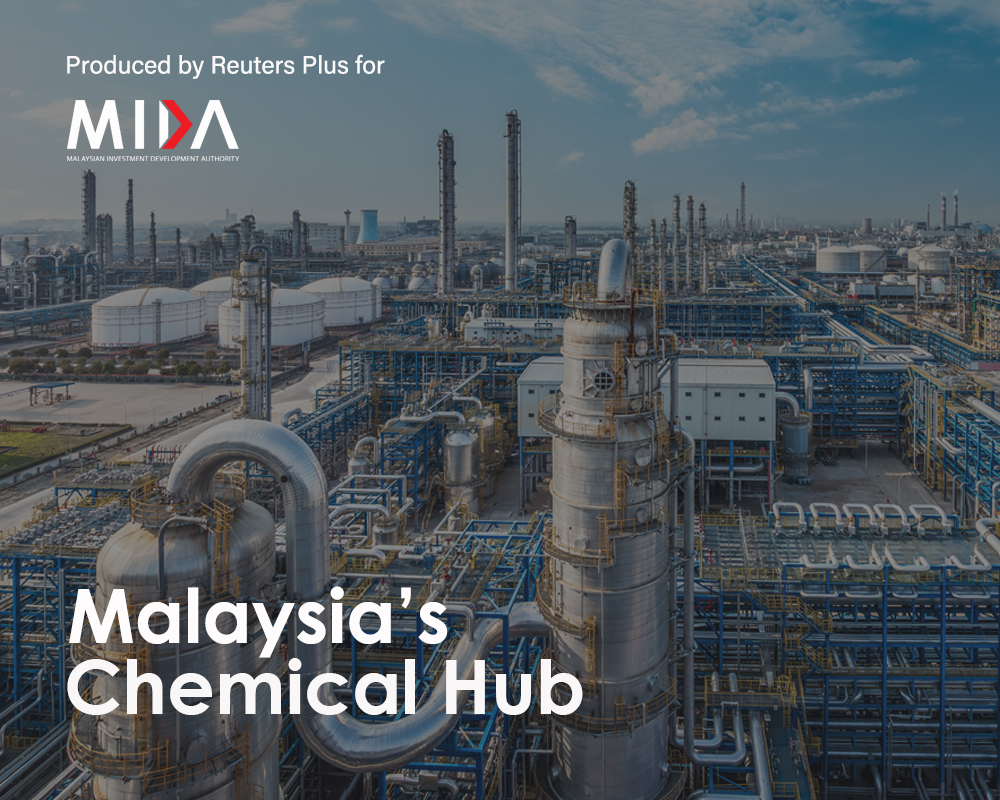The private sector should continue working closely with the government in tackling new pressing challenges for the economy, including from around the globe, said Minister in the Prime Minister’s Department (Economy) Datuk Seri Mustapa Mohamed.
He said a “whole of nation” approach is required in order for Malaysia to achieve the goal of becoming a high-income nation by the end of 2025, as the world is facing challenges in the form of geopolitical unrest as well as the effects of global warming.
“This has led to extreme and unpredictable weather conditions which resulted in high commodity prices and supply chain disruptions.
“I urge the private sector to play a more active role in driving socio-economic progress for our people and our beloved country,” he said at the Chinese Chamber of Commerce and Industry of Kuala Lumpur and Selangor (KLSCCCI) dinner here.
Mustapa said the government can react to challenges as they come, but together with the private sector, the country will be able to proactively and preemptively deal with future challenges.
Meanwhile, KLSCCCI today launched its second publication, “Outstanding Entrepreneurs 2.0 — A Heritage of Wisdom”, which features the experience and success stories of 21 entrepreneurs nationwide.
KLSCCCI president Datuk Ng Yih Pyng said the book recognises the remarkable achievements of outstanding entrepreneurs in their respective fields.
Source: Bernama
Minister: Govt calls for continued private sector cooperation in tackling economic challenges in Malaysia
Content Type:
Duration:




